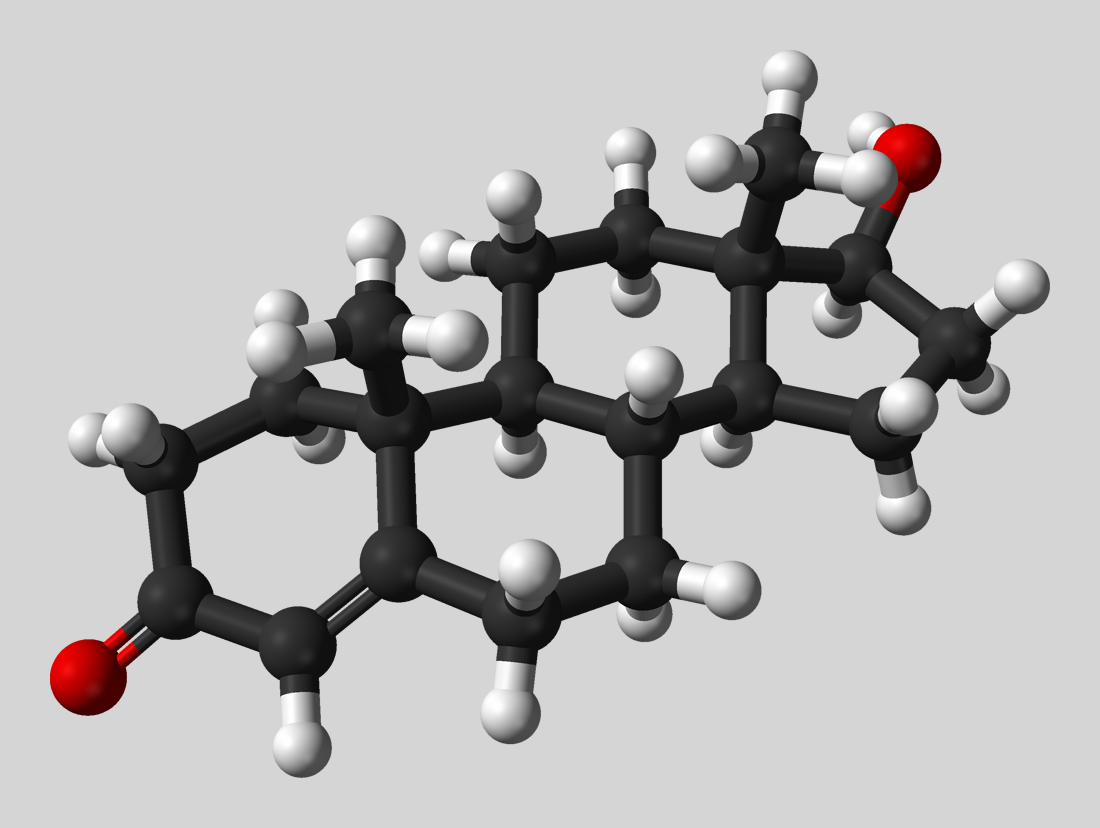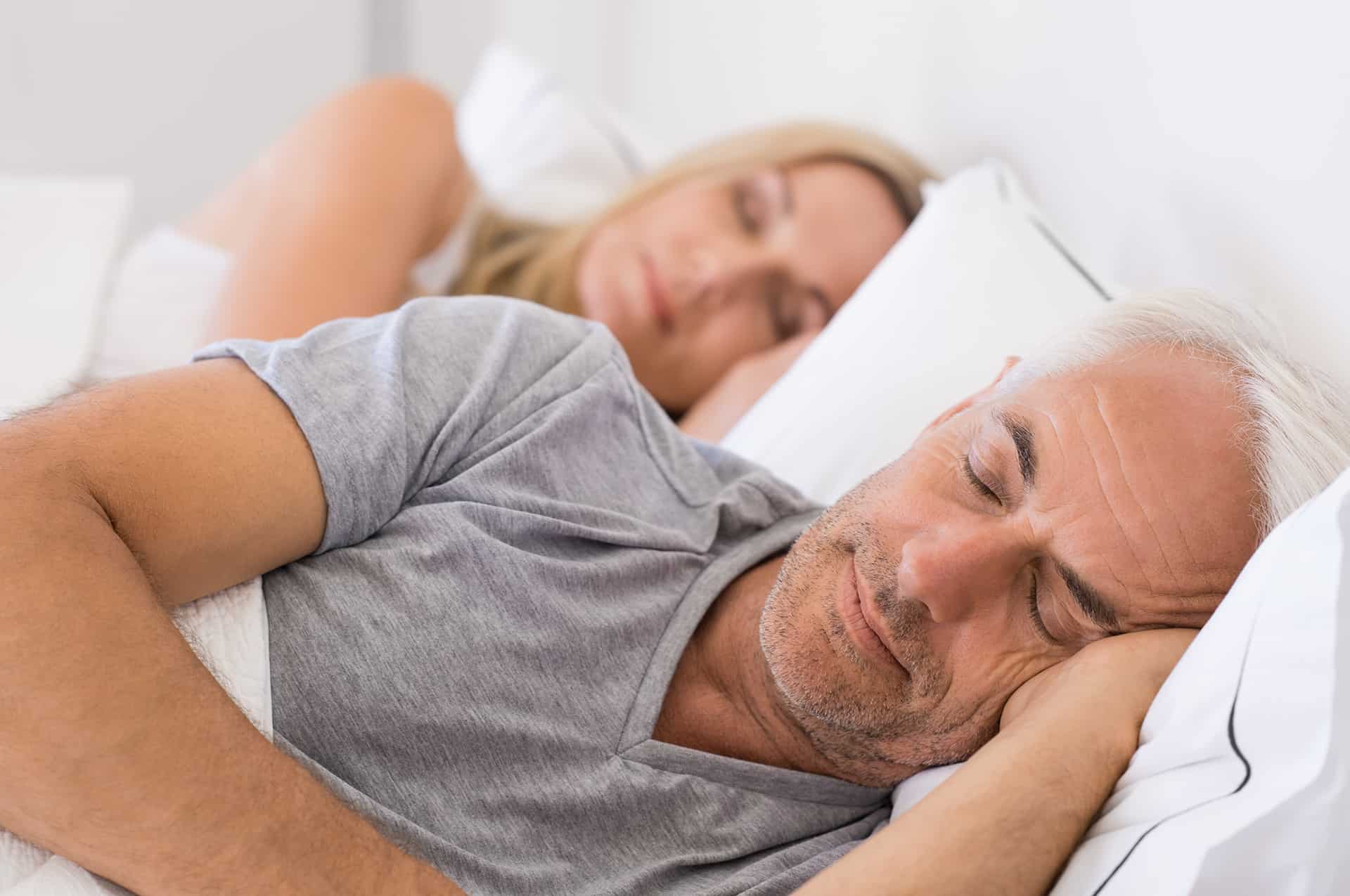You’re weaker, more tired, and your libido isn’t what it used to be. It must be low testosterone, right?
Low testosterone has been a hot topic as of late with men’s health – and for good reason. Testosterone is the male sex hormone is associated with strength, virility, and youth. As we age, we start to feel like we lose these aspects of ourselves. Does getting older mean we just have to accept these things, or could low testosterone be the culprit?
The science of low testosterone
A lack of adequate testosterone in men is known as hypogonadism. This is a condition that can occur during development (puberty) or later in life, and can originate from the parts of the brain regulating sex hormone production (hypothalamus), the testicles, or a combination of both.
The symptoms of hypogonadism for adult males include a loss of libido, erectile dysfunction, lowered intellectual capacity and memory, depression, tiredness, osteoporosis, loss of muscle mass, and loss of physical strength.
Is testosterone replacement therapy the answer?
Though it’s becoming commonplace to suggest treating most aging men with testosterone replacement therapy (TRT), this isn’t a practice that’s necessarily backed by science.
Male testosterone levels peak at the age of approximately 19 years old. By the age of 40, the average decrease in testosterone is only about 16% from those peak levels. In fact, in most men after the age of 40, there isn’t a substantial decline of testosterone. Instead, there seems to be more fluctuations between individuals, meaning that some men don’t drop at all, some drop a little, and some a lot.
By giving men with normal testosterone levels clinical treatment with TRT dosages, their normal levels are only being displaced by the levels provided. This is because if our body is receiving exogenous testosterone at clinical levels. Providing testosterone drugs will shut down our own natural production – a way for our body to be efficient.
Testosterone drugs only work if males are hypogonadal, or the drugs are provided at much higher levels than what the body can produce. This is precisely what some athletes and bodybuilders do; they take doses large enough to compensate for the decrease of their own natural production for a net increase of circulating testosterone.
What can we do about age-associated low testosterone? Is it inevitable?
Though there is a very modest decrease with age, the variability from what we’ve observed in research is what we’re interested in.
As we age, inevitably we come face-to-face with the stresses of modern life. Over time, poor sleeping and eating habits as well as lower levels of physical activity will result in a greater accumulation of bodyfat and stress hormones, two things that can decrease our testosterone levels.
The problem is that with decreased testosterone, it becomes easier to accumulate more bodyfat – a vicious cycle. If we can stay leaner and more active as we age, we can avoid the potential decline of testosterone that’s associated with aging.
Your optimum health takeaway
References:
Bain J. Testosterone and the aging male: to treat or not to treat? Maturitas. 2010;66(1):16-22.
Carnegie C. Diagnosis of hypogonadism: clinical assessments and laboratory tests. Rev Urol. 2004;6 Suppl 6:S3-8.
Huo S, Scialli AR, McGarvey S, Hill E, Tugertimur B, Hogenmiller A, et al. Treatment of Men for “Low Testosterone”: A Systematic Review. PLoS One. 2016;11(9):e0162480.
Kelsey TW, Li LQ, Mitchell RT, Whelan A, Anderson RA, Wallace WH. A validated age-related normative model for male total testosterone shows increasing variance but no decline after age 40 years. PLoS One. 2014;9(10):e109346.
Pilz S, Frisch S, Koertke H, Kuhn J, Dreier J, Obermayer-Pietsch B, et al. Effect of vitamin D supplementation on testosterone levels in men. Horm Metab Res. 2011;43(3):223-5.




